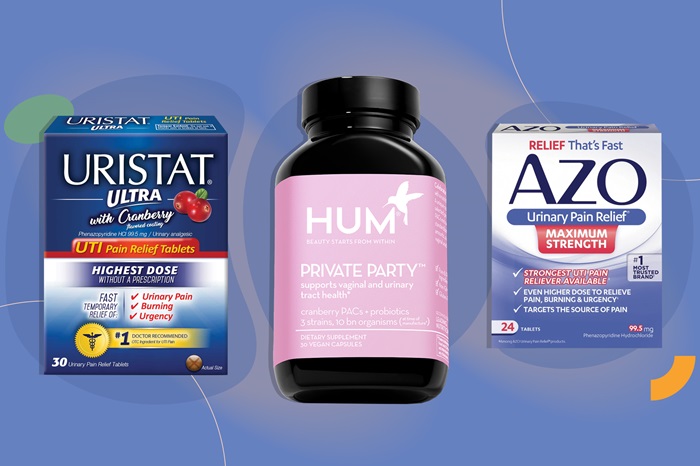Urinary Tract Infections (UTIs) can be a painful and disruptive condition affecting millions of people every year. While consulting a healthcare professional is always recommended for proper diagnosis and treatment, over the counter (OTC) UTI medications can provide relief from symptoms and aid in the recovery process. In this comprehensive guide, we’ll explore everything you need to know about over the counter UTI medicine, including types, effectiveness, usage, and safety considerations.
What Are UTIs and Their Symptoms?
Before diving into over the counter remedies, let’s understand what UTIs are and how they manifest. UTIs occur when bacteria enter the urinary tract system, leading to infection. Common symptoms of UTIs include:
- Frequent and urgent need to urinate
- Burning sensation during urination
- Cloudy or strong-smelling urine
- Pain or pressure in the lower abdomen or back
- Fatigue and malaise
Types of Over the Counter UTI Medicine

- Antibiotics:
- Trimethoprim/sulfamethoxazole: This antibiotic combination is effective against a wide range of bacteria commonly causing UTIs.
- Nitrofurantoin: Another commonly prescribed antibiotic for UTIs, particularly for uncomplicated cases.
- Fosfomycin: Available as a single-dose antibiotic therapy, suitable for certain uncomplicated UTIs.
- Analgesics (Pain Relievers):
- Phenazopyridine: Helps alleviate the discomfort associated with UTIs by numbing the urinary tract.
- Natural Remedies:
- Cranberry Supplements: Some studies suggest that cranberry products may help prevent UTIs by inhibiting bacteria from adhering to the urinary tract lining.
- D-Mannose: A type of sugar believed to prevent bacterial adherence to the urinary tract walls, potentially reducing UTI recurrence.
Effectiveness of OTC UTI Medications
- Antibiotics: OTC antibiotics are effective in treating uncomplicated UTIs caused by susceptible bacteria. However, it’s crucial to complete the full course as prescribed to ensure eradication of the infection and prevent antibiotic resistance.
- Analgesics: Pain relievers like phenazopyridine provide symptomatic relief from UTI discomfort but do not treat the underlying infection. They are often used in conjunction with antibiotics.
- Natural Remedies: While cranberry supplements and D-mannose are popular natural remedies for UTIs, their effectiveness is still debated. Some studies show potential benefits in preventing UTIs, but more research is needed to confirm their efficacy.
Usage and Safety Considerations
- Dosage and Administration: Follow the instructions provided on the medication packaging or as directed by your healthcare provider. Be sure to complete the full course of antibiotics even if symptoms improve to prevent recurrence or antibiotic resistance.
- Potential Side Effects: Common side effects of OTC UTI medications may include nausea, diarrhea, and allergic reactions. Phenazopyridine can cause orange or red discoloration of urine, which is harmless but may stain clothing.
- Precautions: Inform your healthcare provider about any pre-existing medical conditions or medications you’re taking before using OTC UTI medications. Avoid self-diagnosis and seek professional medical advice if symptoms persist or worsen.
Finding Relief with Over the Counter UTI Medicine
Over the counter UTI medications can provide much-needed relief from the discomfort of urinary tract infections. Whether you opt for antibiotics, analgesics, or natural remedies, it’s essential to use them responsibly and in conjunction with professional medical advice. Remember to stay hydrated, practice good hygiene, and seek prompt treatment for UTIs to prevent complications. With the right approach, you can effectively manage UTIs and regain control of your urinary health.


